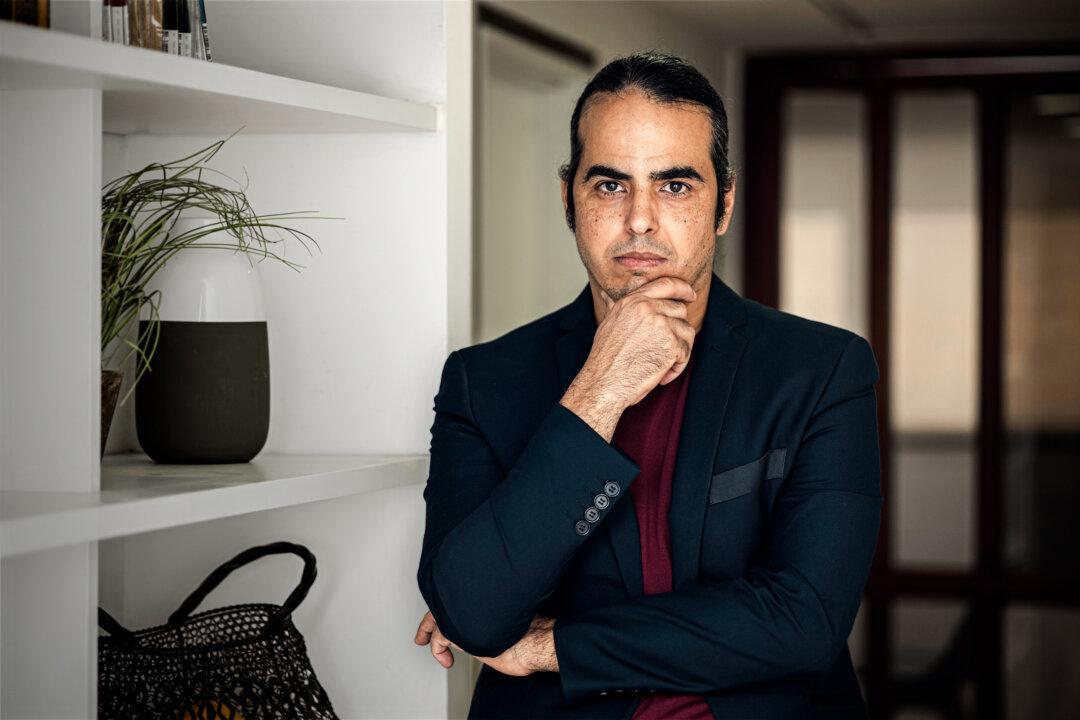TEL AVIV—Israeli Prime Minister Benjamin Netanyahu said he’s postponing the process of passing a judicial overhaul in Israel in order to engage in dialogue with the opposition and reach an agreement on an acceptable framework.
Netanyahu’s announcement on March 27 follows months of protests in opposition to the government’s judicial reform proposal, during which various media outlets expressed concern about the possibility of escalating unrest.




